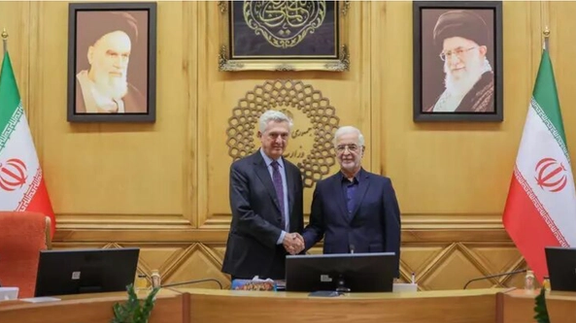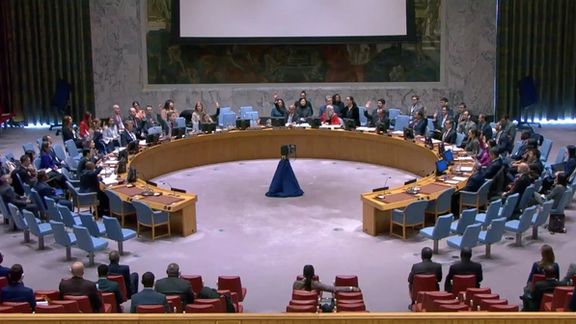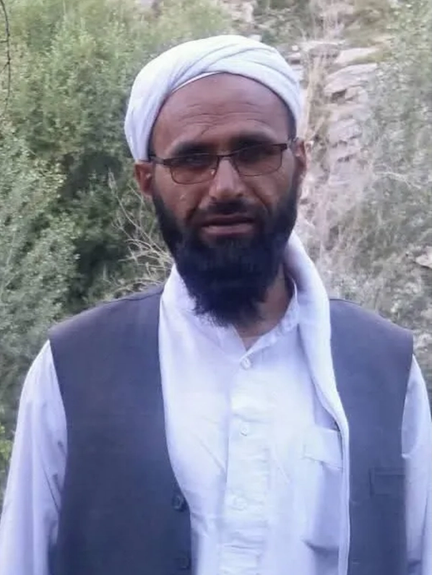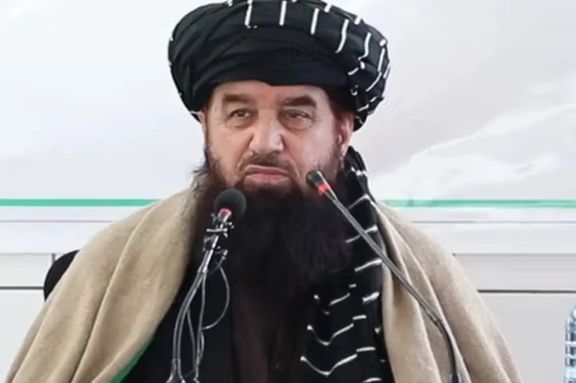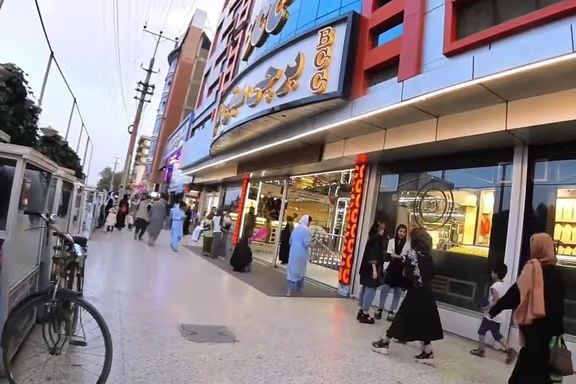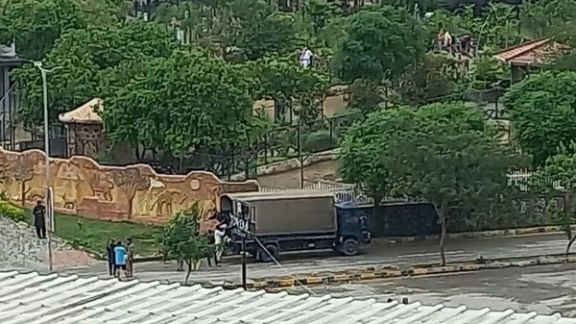The detentions were reportedly carried out without formal judicial orders.
Afghanistan International had previously reported on the existence of a clandestine prison operating inside the Taliban-controlled Ministry of Justice. Reliable sources have confirmed that, in recent years, multiple individuals have been held in this facility on the direct orders of Minister Sharei, bypassing legal channels.
In the latest case, four senior officials from the Hazrat Wali Asr Charity Foundation, an organisation affiliated with Ayatollah Vaezzada Behsoodi, were detained during a visit to the ministry for registration purposes. According to sources, the arrests followed inquiries by the individuals into the foundation’s financial matters. The detentions were made at the direct order of the minister.
The detainees have been identified as Haji Mohammad Taqi Ansari, head of the foundation; Hassan Nikzad, deputy head; Baqer Akhlaqi, office manager; and Wakil Chaman, an adviser to the foundation. They were initially held for several hours within the ministry before being transferred to Taliban intelligence custody, where they remained for approximately one week.
Afghanistan International contacted Abdul Hamid Jihadyar, the Taliban’s Ministry of Justice spokesperson, for comment, but he declined to respond.
This is not the first time reports have surfaced of arbitrary arrests linked to the Ministry of Justice. Earlier, Afghanistan International revealed that Haidar Jan Naemzoi, a former Afghan parliamentarian, was also held in the same private facility.
In a separate incident last December, Sharei reportedly ordered the arrest of 30 residents of the Sanatorium area in Kabul after they opposed forced evictions. Sources said the residents were summoned under the pretext of verifying land ownership documents and subsequently handed over to the police.
Following publication of these incidents, the Taliban’s Ministry of Justice claimed that, under orders from the Taliban leader, the minister holds the authority to detain individuals for up to ten days in land usurpation cases.
While the ministry did not name Naemzoi directly, it appeared to confirm his detention, referring to the arrest of a “rebellious” individual by the anti-land usurpation commission and his subsequent transfer to Kabul provincial authorities.
